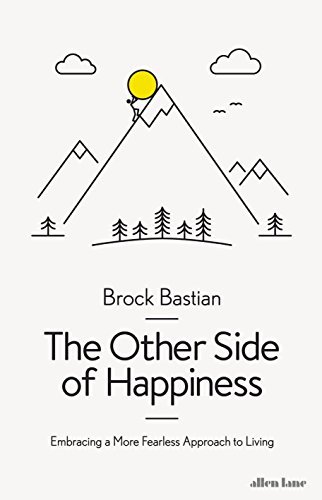The book really blows my mind and changes my perspectives about happiness. Here are the quotes from the book:
- our minds are natural wanderers, and we find it hard to stop them.
- having a meaningful life is not related to experiencing a lot of pleasure of happiness. People who feel their lives are meaningful are not always those who experience the most happiness day-to-day but, they are people who experience high levels of autonomy, personal growth, self-acceptance, mastery and positive interpersonal relationships.
- those who were happier but had little meaning in their lives tended to be takers rather than givers.
-leading a meaningful life is much harder to achieve than leading a happy life. It involves a more effort, worry and strain.
- the more that people sought happiness by maximizing pleasure, the less they tended to experience academic and occupational success in life.
- A belief in God helps us to make sense of our pain, perhaps because we believe he might relieve it, or because we need someone to blame.
Having faith in God out of desperation is clearly not a place most of us would choose to be. In fact, believing in God at all may not be our chosen pathway to the meaningful life.
- Pain indeed does make things seem more meaningful and, in turn, it makes those things seem more worthy of our time and resources- they become more highly valued.
- death reminders might make life seem more scarce and, in this way, increase its perceived value.
- people who like structure tend to see their lives as more meaningful in response to being reminded of death, people who do not prefer order and structure tend to see their lives as less meaningful, but instead they express a desire to seek out novel experiences- a kind of bucket-list response to death reminders.
- the more we consciously engage with our own mortality the more likely we are to focus on things that matter, to seek out things that are ultimately likely to provide more depth to our lives.
- one thing we can do is change how we think. By engaging with a different perspective on pain, and understanding that it is central to many desirable experiences in life, we can begin to relate to it in different ways.
secondly, we can change how we behave. Bound up in this more uncomfortable approach to living is the limitless potential for learning and personal development. We might also begin to embrace our feelings of sorrow or loss, and do the same when others come to us with such concerns.
Our pains are useful because they warn us of danger or inform us of our limits, but what we have overlooked is that our painful experiences are also central to our psychological well-being. Our pains provide an anchor for our pleasures, leading to the possibility of greater fulfilment.
Our painful experiences are what make us human. They ground our thinking, our purpose, and they ground us in others.
-

